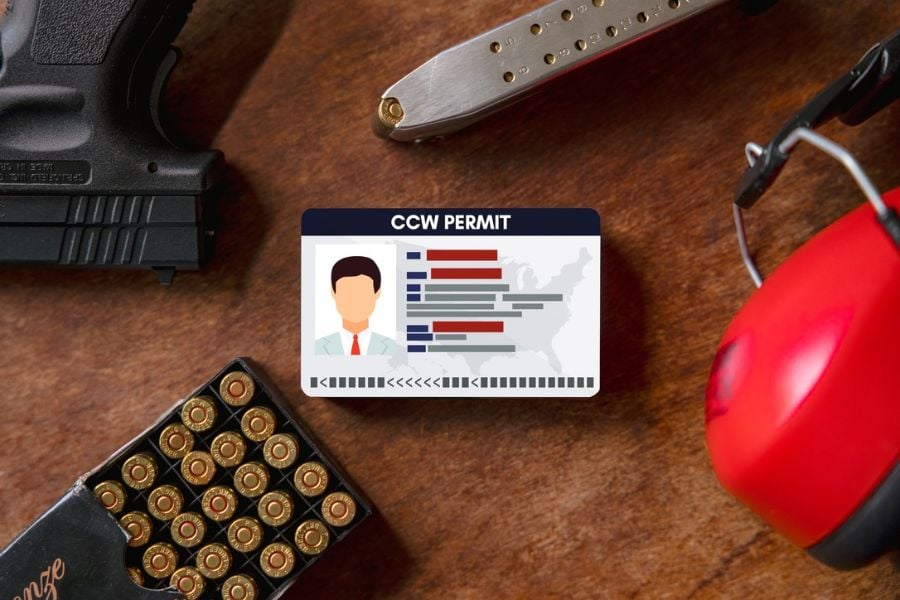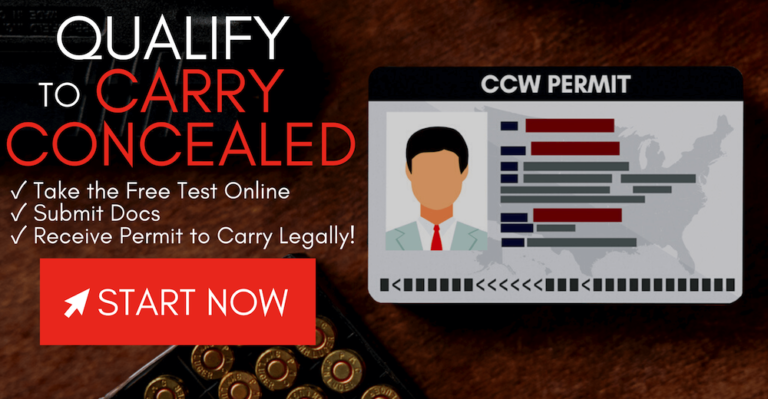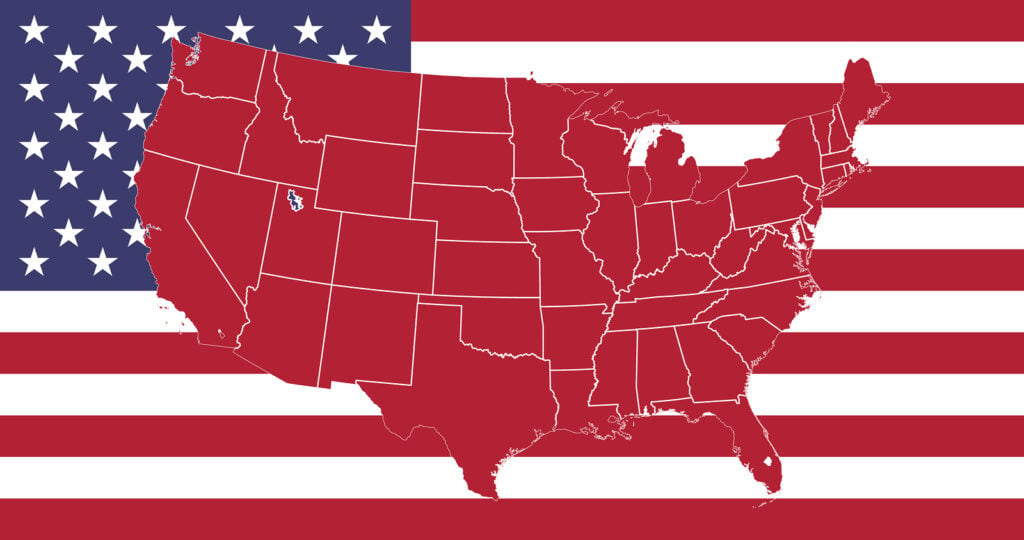Navigating the world of concealed carry can be complex, especially when it comes to understanding the nuances of obtaining and renewing a conceal and carry license. With each state having its own set of rules and regulations, it’s crucial for gun owners to stay informed.
Whether you’re a seasoned firearm owner or new to the concept, this guide is designed to help you understand the essentials of a conceal and carry license.
Understanding the Basics of a Conceal and Carry License
A conceal and carry license, also known as a license to carry or CCW permit, allows individuals to legally carry a concealed firearm. The regulations surrounding this license vary significantly across states.
Some states offer permitless carry, meaning no formal license is required to conceal carry, while others have stringent requirements, including comprehensive training.
The Process of Obtaining a Conceal and Carry License
Generally, obtaining a standard conceal and carry license involves several key steps. These include completing a specified amount of training, which in some states can be as much as 16 hours of in-person instruction, whereas in other states, online training fulfills the training requirement.
Conceal and carry license certification training typically covers firearm safety, handling, and legal aspects of firearm ownership. Even in permitless carry states, undergoing training is highly recommended for the safety and preparedness of the gun owner.
The rules for obtaining a conceal and carry license differ greatly from one state to another. For example, a state like Texas might have different training requirements compared to a state like California. It’s essential to understand and comply with the specific regulations of your state to ensure you are legally carrying your firearm.

Renewing Your Conceal and Carry License
Just like obtaining a license, renewing your conceal and carry license also varies by state. The renewal process typically involves revisiting training requirements and staying up-to-date with any changes in state laws. The timeframe for renewal can differ, so it’s important to be aware of when your license expires and what you need to do to renew it.
State Reciprocity and Conceal and Carry Licenses
An important aspect of understanding your conceal and carry license is knowing about state reciprocity. Reciprocity refers to the agreement between states to recognize each other’s conceal and carry licenses. This means that if you have a permit in your home state, you might be eligible to carry your concealed firearm across state lines into another state that recognizes your permit.
However, it’s crucial to be aware that reciprocity agreements can vary significantly from one state to another. Some states have very broad reciprocity, recognizing permits from a large number of other states. Others may have more limited agreements, or none at all. This is particularly important to consider if you plan to travel with your concealed firearm.
To stay informed about which states recognize your conceal and carry license, we recommend regularly checking our concealed carry reciprocity map. This map provides up-to-date information on reciprocity agreements across the United States. Additionally, it’s a good practice to visit your state government’s website for the latest information on reciprocity. They often have detailed guides and resources that can help you understand where your permit is valid outside your home state.
Understanding state reciprocity is essential for legally and safely carrying your firearm across state lines. Always make sure to check the latest information before traveling, as laws and agreements can change. Being well-informed about reciprocity will help you navigate the complexities of carrying a concealed weapon in different states confidently and responsibly.
Staying informed about the latest laws and regulations is key to being a responsible firearm owner. This could involve regular training refreshers, subscribing to updates from local firearm authorities, or joining firearm safety courses.
Being proactive in understanding the legal requirements for your conceal and carry license not only keeps you compliant but also ensures your continued safety and the safety of those around you.
Conclusion
Whether you’re planning to obtain or renew your conceal and carry license, understanding your state’s specific requirements is crucial. As gun laws continue to evolve, staying informed and prepared is the best way to ensure you’re practicing safe and legal firearm ownership.
Interested in learning more about your state’s conceal and carry license requirements? We encourage you to check out our Concealed Coalition training courses, which offer comprehensive guidance tailored to your state’s regulations. Stay ahead and stay informed with the right training and resources.




